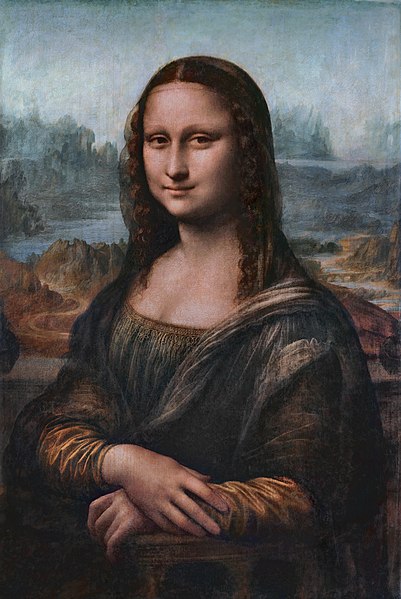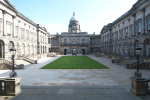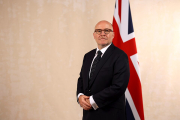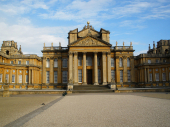
New research has revealed that Leonardo da Vinci, renowned artist of the Renaissance and painter of the 'Mona Lisa,' was only half-Italian, as his mother was a slave from the Caucasus.
The belief that his mother was a Tuscan peasant has been challenged by University of Naples professor Carlo Vecce, who has spent decades studying the Old Master. He claims that the truth is more complex than previously thought, and is based on Florence city archives. Vecce found evidence that Leonardo's mother was a Circassian slave who was sold and resold several times before arriving in Florence, where she met a young notary named Piero da Vinci. They had a son, whom they named Leonardo.
Vecce's findings have formed the basis of a new novel, 'The Smile of Caterina, the mother of Leonardo,' while also shedding new light on the artist himself. Any new discovery about da Vinci is hotly contested by the small world of experts who study him, but Vecce insists the evidence is there. One of the documents he found is a legal document of emancipation for Caterina, written by da Vinci's father himself, to recover her freedom and her human dignity. It was written by 'the man who loved Caterina when she was still a slave, who gave her this child named Leonardo and (was) also the person who helped to free her.'
The assertion made by Vecce offers a radical change of perspective on da Vinci, who was believed to have been the product of an affair between Peter da Vinci and a different woman, young Tuscan peasant Caterina di Meo Lippi. Born in 1452 outside Florence, da Vinci spent his life travelling around Italy before dying in Amboise, France in 1519, at the court of King Francis 1.
Vecce believes that the difficult life of da Vinci's 'migrant' mother had an impact on the work of her brilliant son. Leonardo da Vinci was a polymath, an artist who mastered several disciplines including sculpture, drawing, music, and painting, but also engineering, anatomy, botany, and architecture. Vecce claims that Caterina left Leonardo a great legacy, the spirit of freedom, which inspires all of his intellectual scientific work.
Some may consider the idea that this epitome of a 'Renaissance man' was the product of such a union too good to be true. However, Paolo Galluzzi, a da Vinci historian and member of the prestigious Lincei scientific academy in Rome, said it is 'by far the most convincing.' Speaking to AFP, he highlighted the quality of the documents discovered by his colleague, adding that there 'must remain a minimum of doubt, because we cannot do a DNA test.'
Galluzzi said he was also not surprised, as the period into which da Vinci was born marks 'the beginning of modernity, the exchanges between people, cultures, and civilizations which gave birth to the modern world.' Photo by Dianelos, Wikimedia commons.







































